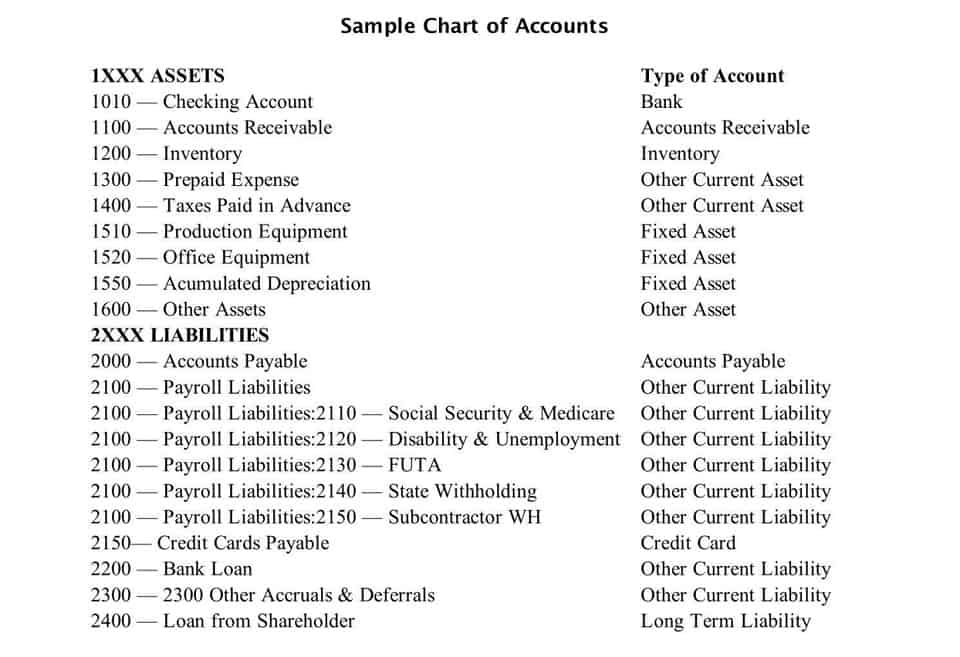Stocks: What They Are, Main Types, How They Differ From Bonds

The value of Bonds fluctuate and any investments sold prior to maturity may result in gain or loss of principal. In general, when interest rates go up, https://www.bookstime.com/articles/church-chart-of-accounts Bond prices typically drop, and vice versa. Bonds with higher yields or offered by issuers with lower credit ratings generally carry a higher degree of risk. All fixed income securities are subject to price change and availability, and yield is subject to change. Bond ratings, if provided, are third party opinions on the overall bond’s credit worthiness at the time the rating is assigned.
Risks and Rewards of Bonds
When you buy a stock, it means you are purchasing a small percentage of the company. However, bonds represent debt, meaning that you adjusting entries are effectively lending money that must be paid back to you, with interest. Jiko AccountsJiko Securities, Inc. (“JSI”), a registered broker-dealer and member of FINRA & SIPC, provides accounts (“Jiko Accounts”) offering 6-month US Treasury Bills (“T-bills”). For the avoidance of doubt, a Jiko Account is different and separate from the Treasury Account offered by Public Investing and advised by Public Advisors (see “Treasury Accounts” section above).
Our Services

There is no guarantee that past performance will recur or result in a positive outcome. Carefully consider your financial situation, including investment objective, time horizon, risk tolerance, and fees prior to making any investment decisions. No level of diversification or asset allocation can ensure profits or guarantee against losses. Market behavior refers to how stocks and bonds respond to various economic factors and investor sentiment. Stocks are often influenced by company performance, market trends, and broader economic indicators, leading to greater volatility.
Common vs. Preferred Stock

However, buying new issue corporate bonds is a little bit more exclusive, as you’ll typically need an account with the brokerage managing the bond offering. As previously discussed, stocks are more volatile than bonds, making them a risky short-term investment. Additionally, because stock price movements are unpredictable, it’s more difficult for investors to control their risk. Fortunately, many investors manage their portfolios with the help of a certified financial planner or a robo-advisor. For this reason, they’re a relatively safe investment, which makes them a popular choice for individuals close to retirement.
Stock Market vs. Bond Market
Just because an investor is interested in or knows a lot about the energy industry does not mean he or she should only invest in it. A person who only owns stock in one company or industry is at much greater risk of losing money than a person who invests in multiple companies and industries and different kinds of bonds. The investor should buy a wide variety of stocks and bonds using some of the factors listed above. From an issuer’s perspective, preferred stock offers several advantages.

A summary of the differences between stocks and bonds
Bankrate has partnerships with issuers including, but not limited to, American Express, Bank of America, Capital One, Chase, Citi and Discover. How confident are you that your portfolio is positioned for today’s economy? Bonds how are stocks different from bonds are assigned quality ratings based on the default probability of the issuer.

Latest Market Insights
- Someone who invests in the stock can benefit if the company performs very well, and its value increases over time.
- Northwestern Mutual financial advisors will build a personalized investment plan designed to help you reach your goals.
- By the 1980s and 1990s, robust corporate earnings, deregulation and technological innovation fueled a stock market boom.
- If the company underperforms or the market declines, the stock price can fall, leading to potential losses.
- Conversely, bonds provide a more predictable income stream, but often at the cost of lower returns during periods of market growth.
- While less volatile than stocks, bonds are not risk-free—especially when it comes to inflation or issuer default.
- Bonds provide more stable and predictable returns with lower risk but generally offer lower returns compared to stocks.
Additionally, in the event of a company’s bankruptcy, stockholders are last in line to be compensated after debt holders, which increases the risk of losing the entire investment. This contrasts with bonds, where investors are typically prioritized for repayment, making bonds a more stable choice for risk-averse individuals. Bonds differ from stocks in that they do not represent ownership in a company.
- In a fluctuating interest rate environment, bond prices can experience significant swings.
- They range from four weeks to 30 years before maturity and are generally viewed as the safest bonds on Earth.
- There is a very limited scope for capital appreciation for these instruments because they have a fixed payment that does not benefit them from the firm’s future growth.
- Conversely, relying only on bonds might result in lower returns during a strong equity market.
Ownership vs. Debt

You can do this online, through a stockbroker, or directly from companies. Bonds typically require a larger minimum investment and can be purchased through a broker, an exchange-traded fund, or directly from the U.S. government. Stocks are securities that represents a fraction of the ownership of the issuing corporation. For stocks, determining risk can be a bit more complicated, and many experts do it differently from one another.
